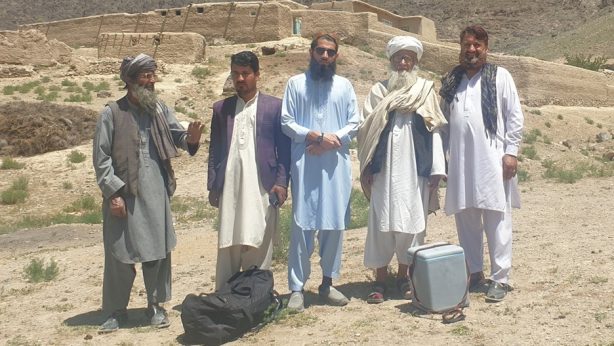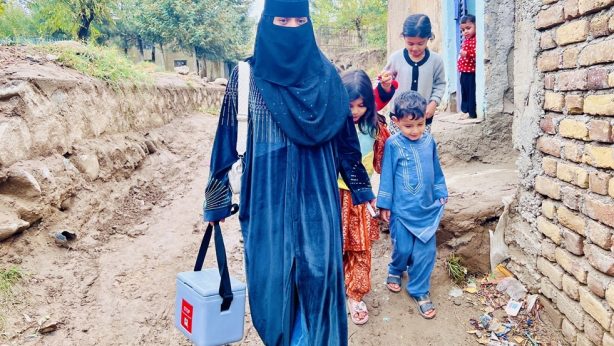Razia ‘’without women, polio eradication is a long journey’’
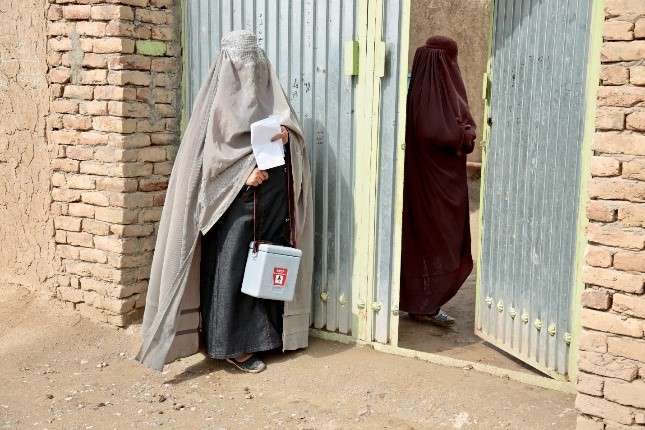
Razia is the in charge of community outreach activities in Kandahar city, south of Afghanistan. She joined the struggle against polio eradication back in 2016 as a frontline worker. She is working in context where she is excited but worried. She is excited to convince families vaccinating their children and she has been very successful but afraid of security threats against female frontline workers.
She says, “The cultural and traditional situation in Afghanistan, and especially in Kandahar, is such that people don’t look up to women who are seeking education. I have faced numerous troubles since I have started to go to school. You get bullied by people with insults.”
“People used to tell me that as a girl, if I am going out of home to study and work, I might dishonour my family. I used to come home and tell these stories to my family and instead, I received their support and was encouraged to stay strong.” Without family support, Dr Farima explains, her journey would be impossible.
Dr Farima’s work with WHO has allowed her to learn new skills and develop her public health career. She explains, “No matter where we are, we can enhance our experience and knowledge.” This attitude has served her and her colleagues particularly well during the COVID-19 pandemic, as they have pivoted their skills towards fighting the virus.
“COVID-19 has affected both our work life and personal life. When I joined the polio team, I had plans to take initiative and look for innovative ways to fight polio, however, with the COVID-19 pandemic all my plans were challenged. Campaigns were postponed and the number of cases were on the rise.”
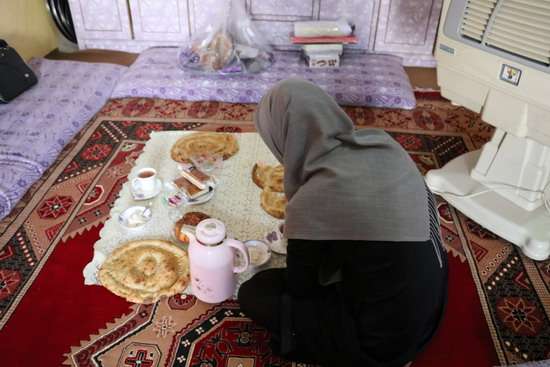
The temporary pause in polio vaccination campaigns, necessary to keep health workers and communities safe during the early months of the pandemic, led to a widened immunity gap in both Afghanistan and Pakistan, the only two countries that still harbour wild poliovirus. Now, polio teams are urgently working to make up the gap, whilst continuing their support to Afghanistan’s COVID-19 response. To ensure their safety, all polio personnel have been trained to take precautionary measures against COVID-19, including wearing masks correctly and regular handwashing.
Dr Farima doesn’t underestimate the danger of her work to fight COVID-19. She explains, “I start my day at 8am by visiting private and public clinics, pharmacies, traditional healers at their homes. Of course, I am worried about myself and my family getting COVID-19. My mom is elderly, and COVID-19 can be dangerous for her.”
“However, I am committed to serve my people and go out in the field to help save others’ lives. It is not easy. My family understand that I am a medical doctor, so no matter what virus is there, I have to do my job as a doctor.”
Through her work, Dr Farima has come up against several rumours and pieces of misinformation. A major part of both ending polio and fighting COVID-19 is working to inform and build trust with communities about diseases and how they can be prevented.
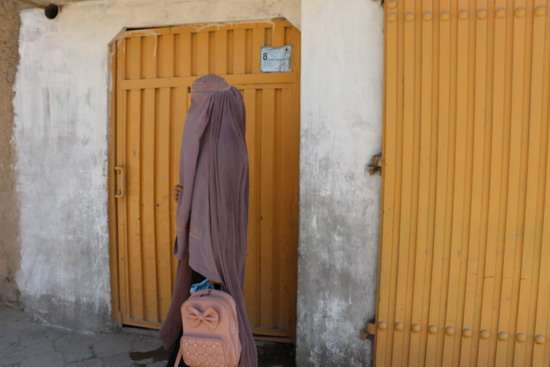
Dr Farima says, “A lot of people thought that COVID-19 was a disease of nonbelievers. At first, when I used to go to clinics, because of my medical degree, they respectfully listened to me. However, when I talked about COVID-19 and washing hands and other preventative methods, they would tell me that this disease was for nonbelievers.”
“Unfortunately, a lot of people got sick and many also lost their lives. People have started to believe the pandemic. They know that people can get sick and die of the disease.”
Although public awareness about the dangers of COVID-19 is higher than it was, Dr Farima believes there is still plenty to do to encourage communities to adopt disease prevention measures such as widespread mask wearing.
Until the pandemic is over, she is determined to work long hours to fight both polio and COVID-19. The polio workforce currently contributing to COVID-19 response includes almost 36,000 members of the Polio Surveillance Network, and over 47,000 polio frontline workers.
Dr Farima remains unstoppable despite the challenges she faces. It is still difficult for women in some parts of Afghanistan to take on leadership roles, but she is intent on showing the way for future public health professionals.
She explains, “I am trying to create an opportunity for women to come out of their homes and show their talents.”

